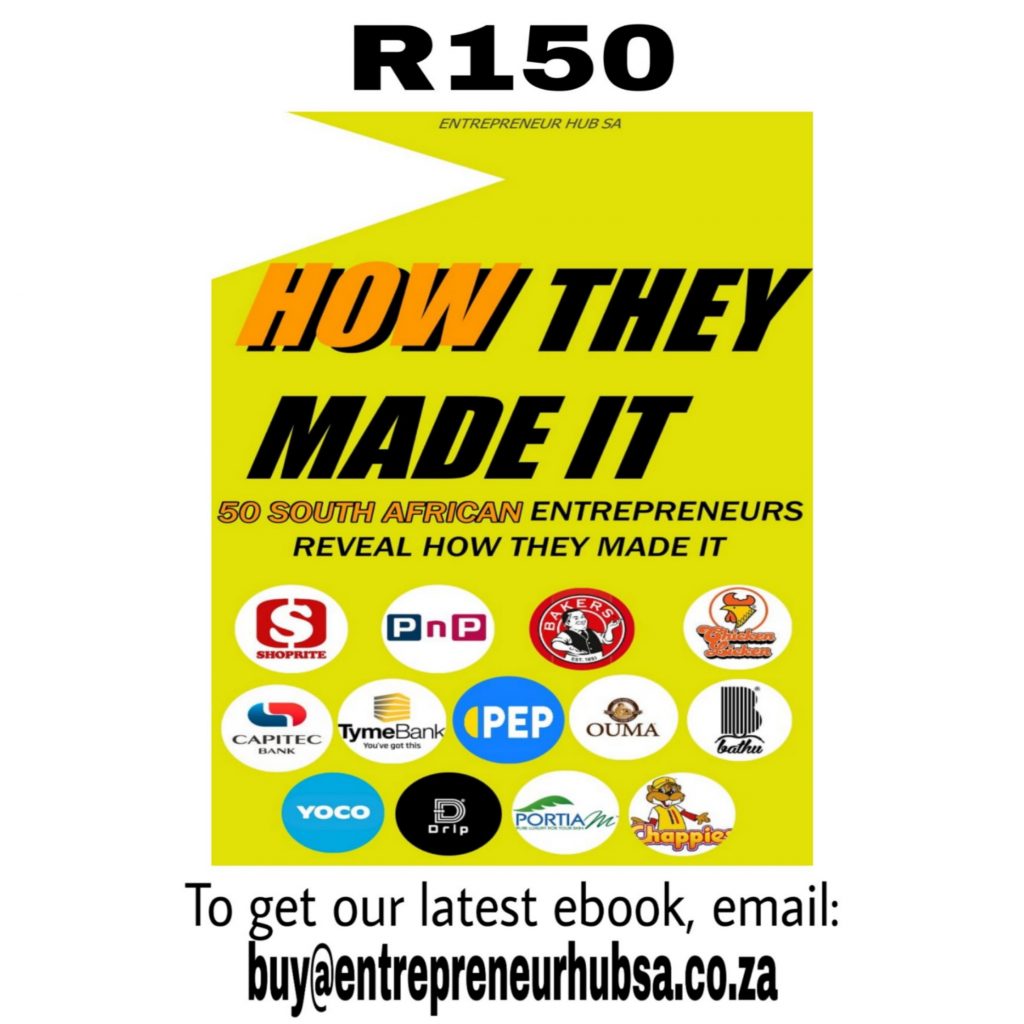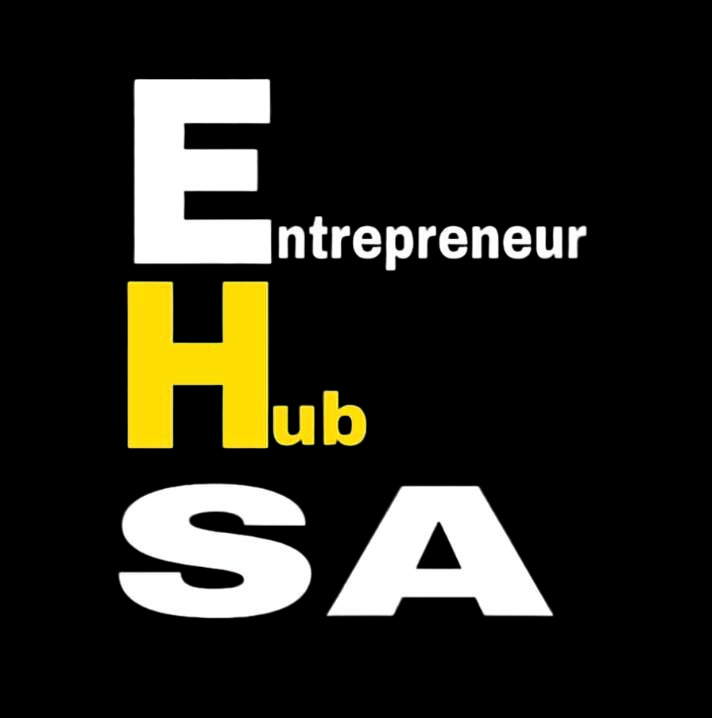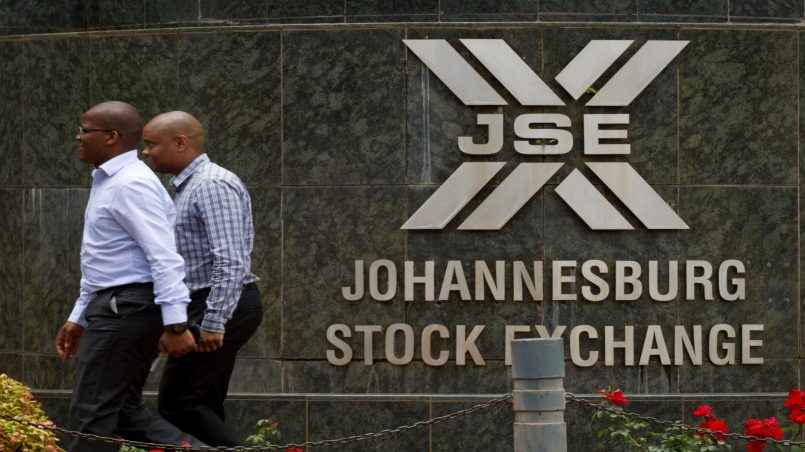DRD Gold is the oldest company still listed on the Johannesburg Stock Exchange (JSE), having been listed since 1895, followed by SABMiller, PPC Cement, Sappi Limited, and Barloworld.

The JSE was founded on 8 November 1887 by Benjamin Wollan, who also listed the first company – the Johannesburg Chambers and Company.
Since then, many companies have been listed and de-listed from the exchange. However, a few have hung around on the exchange’s main board for over a century.
The centurions are a select group of companies with only three – DRD Gold, SABMiller, and PPC Cement – listed for over 100 years in various forms.
Other companies have been operating for much longer than those three. For example, Premier Foods has been operational for over two centuries since its founding in 1820 as Attwell’s Bakery.
However, it has not always been listed on the JSE. Premier was recently re-listed after 12 years as a private company owned by Brait.
Below are the histories of the five longest-listed companies on the JSE.
DRD Gold

DRD Gold was founded in 1895 as Durban Roodepoort Deep Limited. Its name was only changed to its present-day form in 2004.
The company was listed in the same year as its founding, 1895, to gain access to capital, which it could use to build and expand its gold mines on the Witwatersrand.
DRD acquired Crown Mines in 1998 as it became one of the few remaining gold miners in South Africa.
Today, the company is a gold producer and specialist in recovering gold from the retreatment of surface tailings.
City Deep is the last gold mine operated by DRD Gold in South Africa. Decommissioned as a metallurgical plant in 2013, City Deep only operates as a milling and pump station – pumping material to a separate plant for gold extraction.
The company also has a secondary listing on the New York Stock Exchange with a total market capitalisation of R14.62 billion and revenue of R5.12 billion in 2022.
SABMiller

Charles Glass founded Castle Brewery in 1895 to supply the growing demand for beer on the Witwatersrand from the gold rush beginning in 1886.
South African Breweries (SAB), as the company would become known, was listed in 1897 and grew rapidly throughout the 20th century.
It became the world’s second-largest brewer, expanding into Africa and various developed markets.
In 2016, the world’s largest brewer, AB InBev, bought SABMiller for $107 billion. The deal united the world’s two largest brewers to form the largest beer company in history. Combined, they control roughly half of the entire industry’s profit.
SAB owns some of the most valuable brands in the country, including the country’s top beer brand – Carling Black Label.
It also owns the Brutal Fruit, Budweiser, Castle Lager, Castle Lite, Castle Milk Stout, Corona, Flying Fish, Hansa Pilsener, Lion Lager, Smirnoff, and Stella Artois brands in South Africa.
Currently, SAB directly employs 5,657 people in South Africa. The value chain is estimated to support over 140,000 jobs among its 3,739 suppliers and 1,277 farmers in South Africa.
From farm to bottle, SAB beers are 97% locally sourced.
PPC Cement

De Eerste Cement Fabrieken Beperkt was founded in Pretoria in 1892, changing its name to Pretoria Portland Cement (PPC) in 1908.
The company soon listed on the JSE in 1910 to access capital to fund its expansion.
PPC cement was famously used to build the Union Buildings from 1909 to 1913, the first concrete structure at Loftus Versfeld, and the modern Cape Town City Stadium.
PPC became a subsidiary of Barlow Rand in 1977 as part of the industrial group’s expansion. Barlow’s shares in PPC were unbundled in 2007.
The company remains listed on the JSE a century after its founding, with a market capitalisation of R4.5 billion.
Sappi Limited

South African Pulp and Paper Industries Limited was incorporated in 1936, listing on the JSE the following year.
Now known as Sappi, the company was formed to meet local demand for newsprint, packing, and graphics papers.
Sappi has over 12,400 employees in over 35 countries and manufacturing operations on three continents, and 19 production facilities, five of which are in South Africa.
The company produces 5.5 million tonnes of paper annually and over 2.5 million tonnes of paper pulp.
Almost all of the company’s 690,000 tonnes of paper production in South Africa is exported.
The company is still headquartered in Johannesburg and has a primary listing on the JSE with a secondary listing on the New York Stock Exchange.
Sappi was also listed in Frankfurt until 2005 when it was delisted from the German bourse.
Barloworld Group

Thomas Barlow & Sons was founded in 1902 by Ernest Barlow as a company specialising in selling woollen goods. However, it soon moved into supplying engineering equipment.
The company has been the sole dealer of construction equipment manufacturer Caterpillar in South Africa for nearly 100 years. The original agreement dates to 1927.
It was listed on the JSE in 1941, trading at seven shillings and six pence per share.
The company, due to Apartheid foreign exchange controls and the inherent limitations of being an engineering equipment supplier, began to expand into other sectors.
In 1959, Barlow moved into car dealerships, acquiring Ford dealerships across the country, and bought Rand Mines in 1970, becoming Barlow Rand.
In 1989, the company was large enough to be listed 79th on the Fortune 500 list of international companies.
However, after 1994, Barlow Rand began unbundling its non-core businesses to focus on supplying engineering and construction equipment across Africa and globally.
The company became Barloworld in 2000 and has continued to streamline its business, unbundling Avis in 2022 and listing it on the JSE under the name Zeda.
Oldest companies on the JSE
| Company | Year listed on the JSE |
| DRD Gold | 1895 |
| SABMiller | 1897 |
| PPC Cement | 1910 |
| Sappi | 1937 |
| Barloworld | 1941 |
Get South Africa’s latest entrepreneurial or business success stories delivered right to your inbox — Sign up to Entrepreneur Hub SA’s newsletter today

eBook: 50 South African Entrepreneurs Reveal HOW THEY MADE IT




